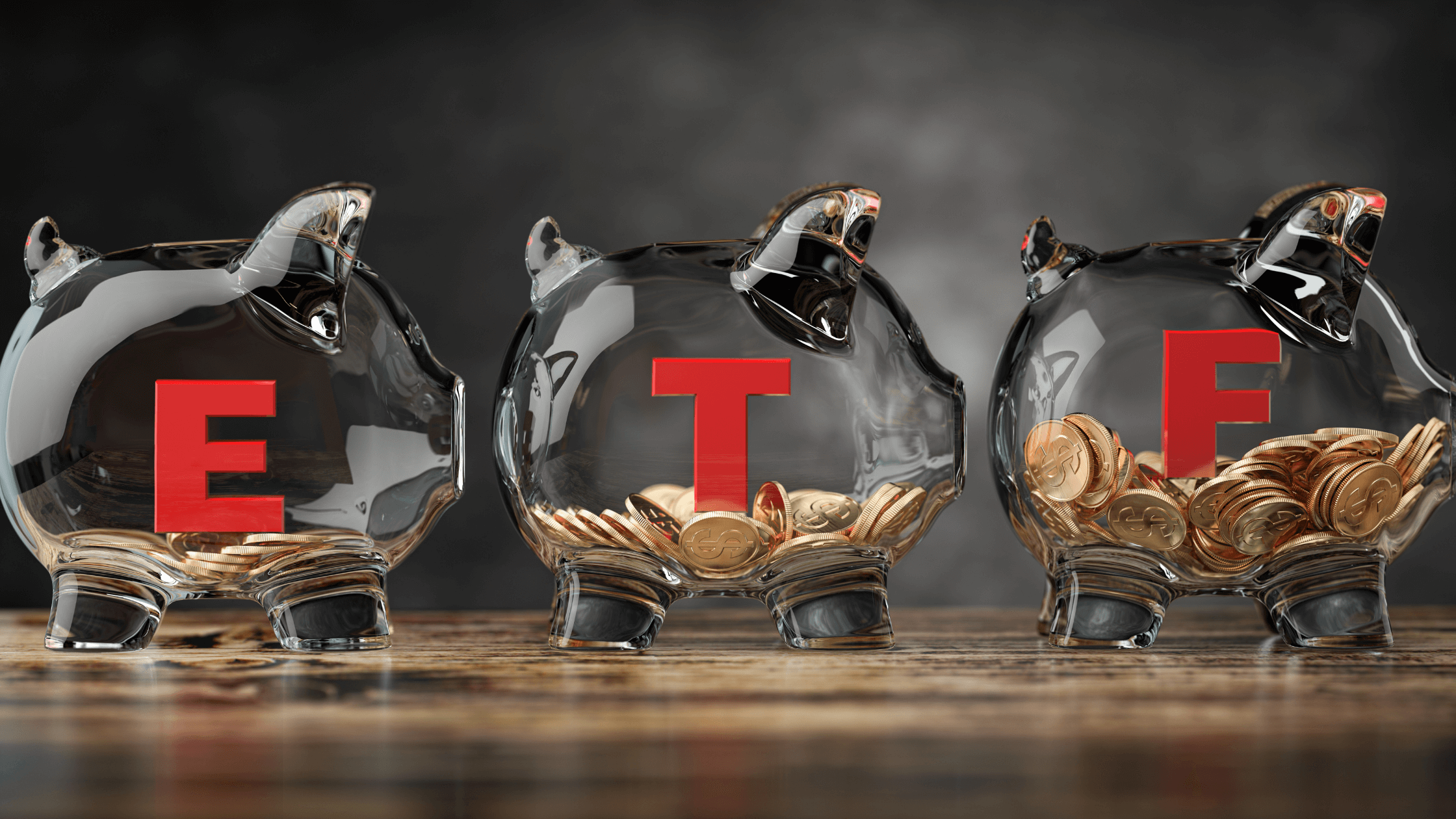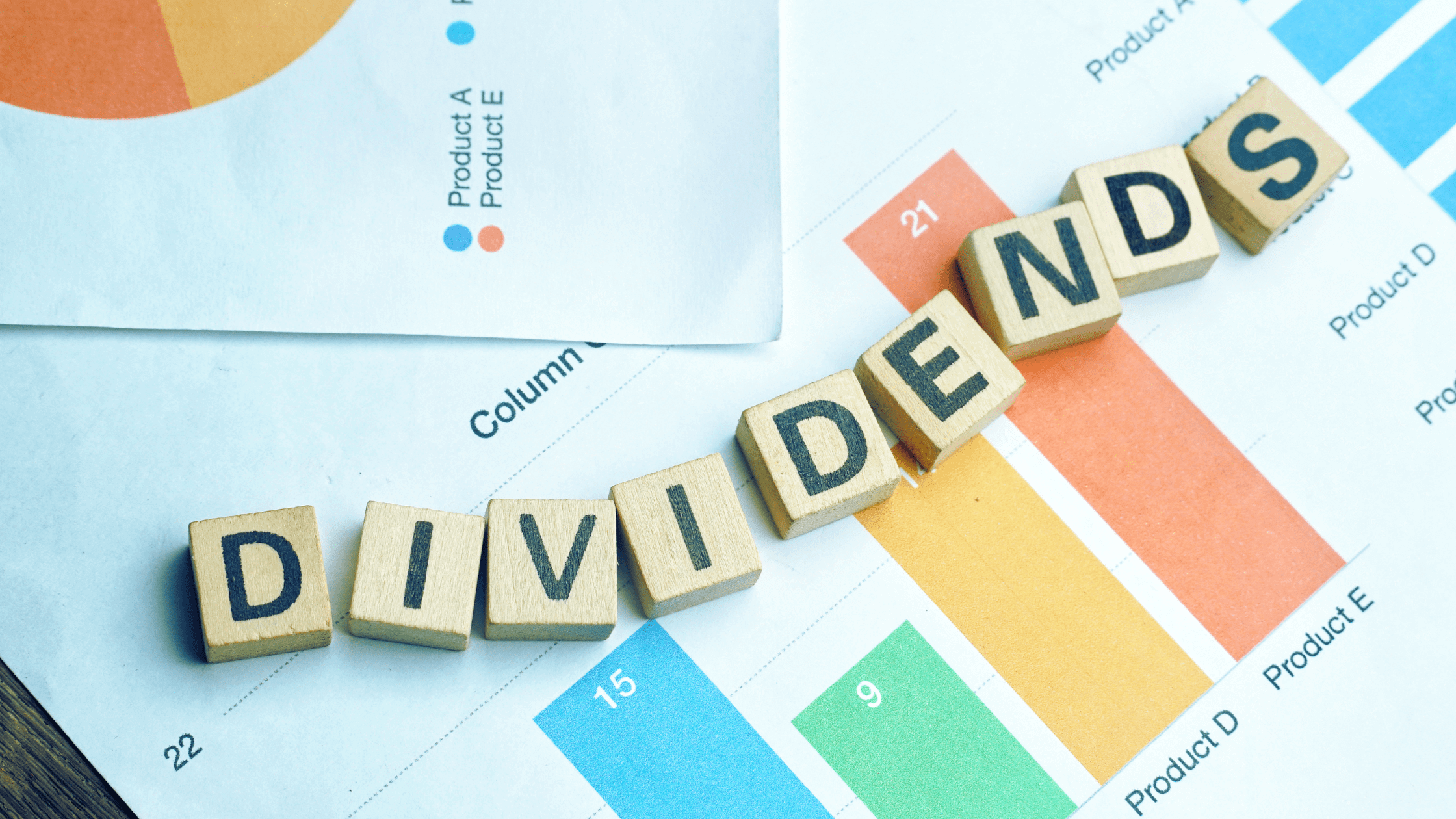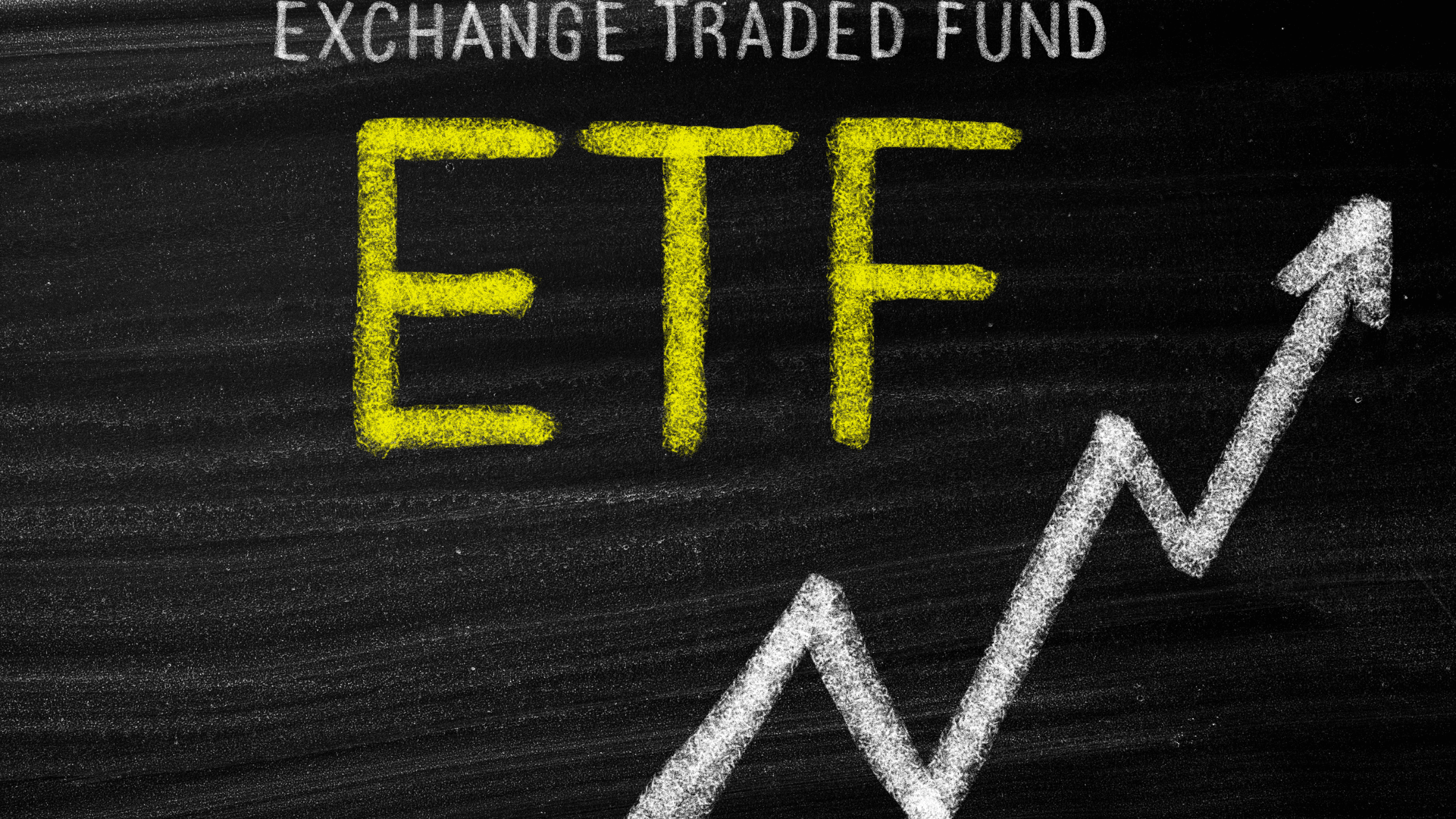What Are Bonds?

Bonds or fixed income. They also go by the name of “credit”. Bonds are essentially a form of debt that is issued by a company or sovereign nation.
Investors who buy and own those bonds have a legal right to receive income for holding them. Typically, bond prices are do not move up and down as much as stocks.
As a result, the consensus view is that bonds are a more “conservative” investment versus buying stocks.
Unlike stocks, though, bonds can be issued by both companies and governments alike.
1. Receiving payments for owning debt
When talking about corporate bonds – those issued by companies – or sovereign bonds – those issued by governments – the right to receive income remains the same for bondholders.
Effectively, when companies need money to finance new projects or expand their business, they may issue bonds to investors.
Similarly, governments may issue bonds to finance government expenditure and general spending (such as the recent stimulus plans by many countries’ government in response to the Covid-19 pandemic).
By buying a bond, investors will receive a regular “coupon” payments which is effectively an interest rate on the amount of money that you put in.
These coupon rates (presented as an annual yield, much like dividends for stocks) that investors receive are agreed upon at the point of sale. The principal of receiving money merely for owning something, is similar to that of dividend stocks.
Another thing investors should be aware of is that bonds have a “finite” life in that they are generally issued with a term measured in years. For example, there might be a 3-year bond, 5-year bond or 10-year bond.
You can hold these bonds “to maturity” if you wish – which basically means until the end of its term – but you are also free to sell them whenever you please.
When the bond matures, investors will be repaid the initial amount of money they had invested.
2. How can I benefit from investing in bonds?
Bonds, unlike stocks, tend to be much more stable in terms of their prices. Although bond prices do not fluctuate that much, they can go up or down so it’s important to remind yourself that no investment is completely “risk-free”.
Bond prices can move up depending on whether the company’s credit risk profile improves (see the bond rating agencies below). If a company’s credit profile worsens, though, then a bond’s value can fall.
Perhaps the biggest benefit is that the broadly conservative nature of bonds gives investors a level of safety in times of market volatility.
They are ideal for those investors who are looking to preserve their wealth rather than grow their wealth. What does that mean?
It tends to mean that older investors approaching retirement can benefit from holding a bigger amount of bonds as a percentage of their overall investment portfolio.
However, for most investors (particularly those of us in our 20s and 30s) in this low-interest rate environment, bonds are too low risk if we want to grow our wealth over the long term.
They will, though, have a place in any well-balanced portfolio.
3. How do I invest in bonds?
Bonds can be traded on public exchanges, just like stocks. However, this is not the norm.
Many bonds are traded “over-the-counter” (OTC). What this means is that they are not available to buy/sell on public exchanges.
Instead, brokers create a “secondary market” for bonds where these broker-dealers can match buyers and sellers of bonds.
This means you tend to have to call up a broker and place an order if you want to buy or sell bonds. Other OTC products include derivatives and currencies.
If you want to start trading bonds, just contact your local CGS-CIMB trading representative by heading here.
4. How to choose bonds?
Choosing the right bonds, like stocks, will be a large determining factor in your returns. Buying bonds issued by different companies (or governments) comes with varying degrees of risk.
For the most part, bonds are given a scored according to a rating system designed by specialist ratings agencies. Many investors may have heard of them. They’re the “big three” of Standard & Poor’s, Moody’s and Fitch.
The rating assigned to the bonds is a large determining factor behind the coupon yield that the bond is sold at. For example, if a company is deemed as less financially secure then any bonds they issue will be given a lower rating.
That automatically means that the yield of the coupon payments offered to investors will be higher given the higher perceived risk that you’re taking on.
Likewise, a company that is financially robust will get a higher rating but, on the flip side, its bonds will also give investors a lower yield.
Finally, it’s worth mentioning that because prices are typically decided in the OTC market, investors may not always get a transparent/fair assessment of how much a particular bond is really worth.






















